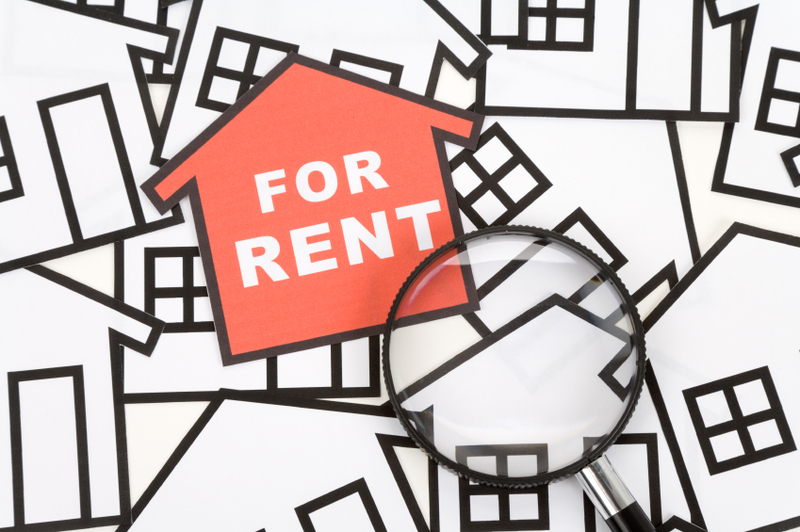When looking for off-campus housing, there are many common questions college students have: Why do some universities require their students to live in dorm? Is living off campus better than living on campus? Is there any website to find student housing? Can scholarships pay for off campus housing? You should consider these before deciding whether or not to live on campus or off campus.
In addition to common housing questions, health and safety are a top concern for many students and their parents this fall because of Coronavirus. As colleges rethink dorm safety, some students are considering short term housing options with more space to practice social distancing. For instance, local rentals with single tenant bathrooms rather than communal shower rooms. Other students are staying safe at home, at least for the fall semester.
The Washington Post reports, American University is cutting the availability of campus beds from 4,300 to 2,300, and Frostburg State University is eliminating the two-person roommate accommodation to keep students safe.
Looking for more COVID-19 student-impact information? Find it here.
On-Campus Housing Requirements
Before you dig too deep into researching off campus housing, be sure your college doesn't require you to live on campus. On-campus housing requirements are not designed as a way to parent you. Some students do much better academically, by living on campus. Many universities put a lot of time into research to prove students do better while living on campus. Be sure to check with your admissions counselor to find out what the latest housing requirements are. If you’re new to apartment renting or are strongly considering this type of housing arrangement, be sure you follow a comprehensive guide to avoid any surprises. The lists below can help you through the process with questions, tips on what to look for during housing tours and what to look for in leasing agreements.Rent-Related Questions
According to Best Colleges, “...your monthly rent and utilities bill should be no more than 30% of your monthly net (after tax) income.” You’ll want to do some math to ensure you can afford renting a house or apartment. You don’t want take on any huge student loan debts because of housing!- What’s included in the rent?
- What’s the typical monthly cost of each of the utilities?
Pet-Related Questions
- Are pets allowed?
- If so, is there an additional fee?
Questions Regarding Amenities
- Does the house/apartment have air conditioning?
- Is WiFi included in rent?
- What is the laundry situation?
- Where are the machines located?
- Is there a cost to use them? If so, what is the cost?
- Is the cost for both the washer and the dryer?
- Is parking or covered parking available? If yes, is there an additional cost?
Items to Check During Your Walk Through
- Is there a good amount of natural light? You don’t want your electrical bill to be sky-high!
- Do the locks work properly? Would you feel safe being alone at night?
- Are the windows old or drafty?
- Does the toilet and faucets work properly?
- Does the shower provide enough water pressure?
- Is the carpeting/flooring clean?
- Are the appliances up to date?
- Do all outlets work?
- Test the air conditioning and heating systems.
- Do the neighbors seem friendly, courteous, trustworthy and easy to get along with?
- What are your initial impressions of the landlord?
Research
- Safety Be sure the area is safe. You can check area crime statistics with AreaVibes.
- Convenience What’s the proximity to the nearest grocery store? What about the nearest coffee shop? Can you get to classes, the library and other campus locations quickly and easily when you need to?
- Reasonable Rent Rates in the Area Find the typical rent rates within the area.
- Signing the lease at a later date
- Administration processing fees
- Subleasing fees
- Approval fees

